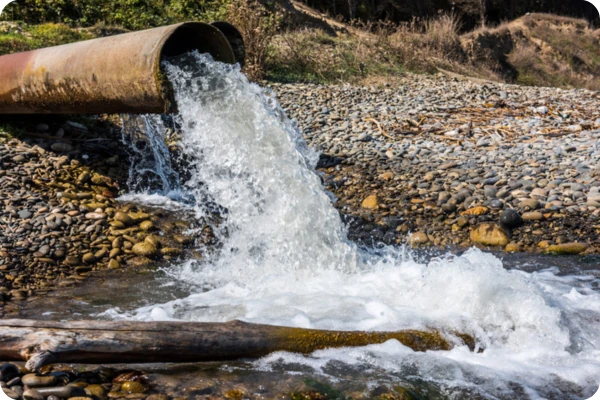Chemical spills are a growing threat to our environment, endangering public health and natural ecosystems. As these incidents become more frequent, robust stormwater management systems are essential to prevent pollution and protect waterways.
In this blog, we’ll examine:
- The environmental impact of chemical spills
- How stormwater management defends against contaminants
- Building resilient stormwater infrastructure for spill mitigation
- Best practices for chemical spill preparedness
- Where to find reliable stormwater management services
Contact iSTORMWATER today at (410) 231-3455 for expert stormwater solutions in the DMV region! We’re the trusted choice for all stormwater management services.

The Growing Threat of Chemical Spills
Chemical spills often result from accidents, leaks, or improper storage and handling. These incidents release hazardous substances into the environment, contaminating soil, air, and water. Spills can also disrupt local ecosystems, harm wildlife, and pose severe health risks to nearby communities.
With the rise in chemical-related accidents, addressing these risks through proper planning and mitigation strategies is more important than ever.
Stormwater Management: A Vital Line of Defense
Stormwater management involves practices and systems designed to control and treat runoff from rain or snow. While it’s commonly associated with reducing urban flooding, it also plays a critical role in managing contaminants from chemical spills.
By designing stormwater systems that focus on pollutant capture and treatment, we can reduce the risk of harmful chemicals entering our waterways.
Building Resilient Stormwater Facilities for Spill Control
Stormwater infrastructure can be tailored to manage and mitigate the effects of chemical spills effectively. Key facilities include:
- Retention and Detention Ponds: Help trap pollutants and prevent them from entering water systems.
- Sediment Basins: Capture and settle contaminants before they spread further.
- Constructed Wetlands: Act as natural filters, removing toxins from runoff.
Additionally, advanced technologies like hydrodynamic separators, oil-water separators, and filtration systems enhance pollutant removal. These systems create a robust defense against contaminants, safeguarding aquatic ecosystems.
Preparing for Chemical Spills: Best Practices
Proactive planning is critical to minimize the impact of chemical spills. Here are some essential strategies:
- Risk Assessments: Identify potential spill hazards and areas at risk.
- Emergency Response Plans: Develop detailed spill response protocols, and ensure staff are trained to implement them effectively.
- Spill Containment Systems: Install barriers like berms or spill pallets to contain spills and protect storm drains.
- Routine Maintenance: Conduct regular inspections and maintenance of stormwater facilities to ensure they function optimally.
Trust iSTORMWATER for Comprehensive Stormwater Management
Chemical spills can have devastating environmental and health consequences. Implementing stormwater management systems specifically designed for contaminant control is a proactive way to protect our ecosystems and communities.
Don’t wait for a disaster – take action today! Schedule a consultation with iSTORMWATER by calling (410) 231-3455. Let’s work together to create a safer, cleaner environment for the future.
Real Results
iStormwater LLC was an excellent choice. They made the process of the Stormwater pond repairs seamless. They took charge of the project and got the project approved and passing the inspection. We highly recommend them and would use them again.
Incredible stormwater management service. The owner John consulted on a property I manage and ended up saving us thousands of dollars in environmental fees from the government. Now, our property is compliant with the EPA and we have a great partner to keep us maintained on stormwater regulations over time.
So helpful with all of my water issues.
Great communication and leadership and a family friendly atmosphere. Thank you John!
Stormwater systems are designed to manage runoff, protect downstream waterways, and maintain regulatory compliance. But no matter how advanced the treatment practice, its long-term performance...
- Annapolis
- Anne Arundel County
- Baltimore County
- Baltimore
- Bel Air South
- Bethesda
- Bowie
- Cecil County
- Charles County
- Columbia
- Gaithersburg
- Glen Burnie
- Howard County
- Montgomery County
- Pasadena
- Prince George’s County
- Rockville
- Severna Park
- St. Mary’s County



